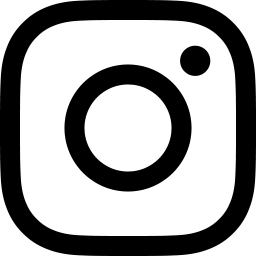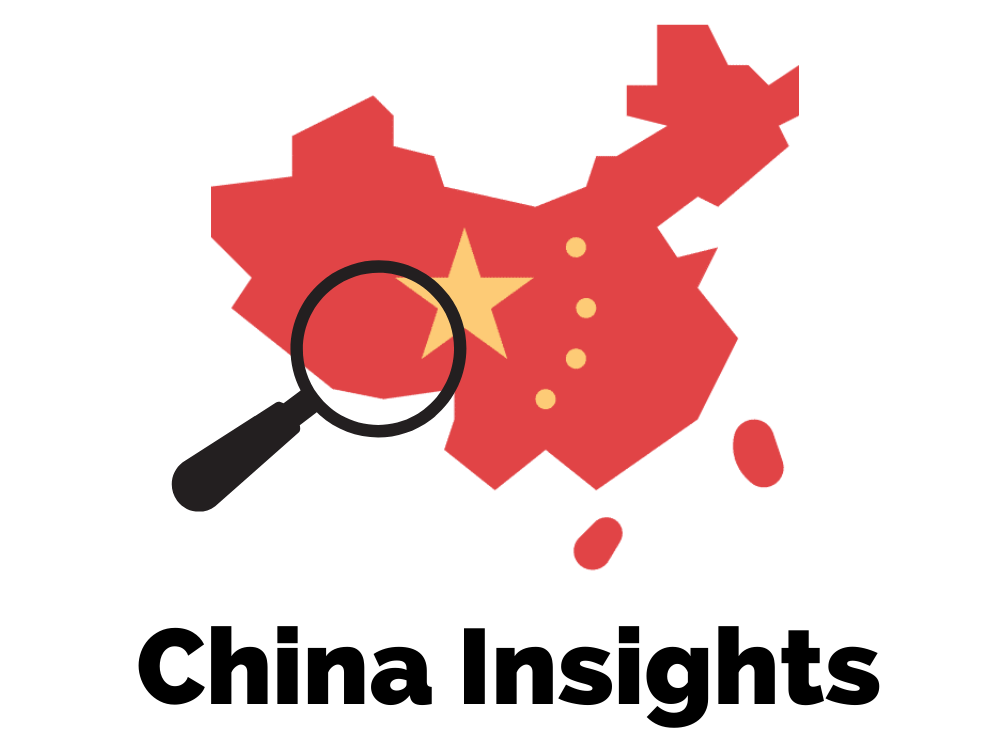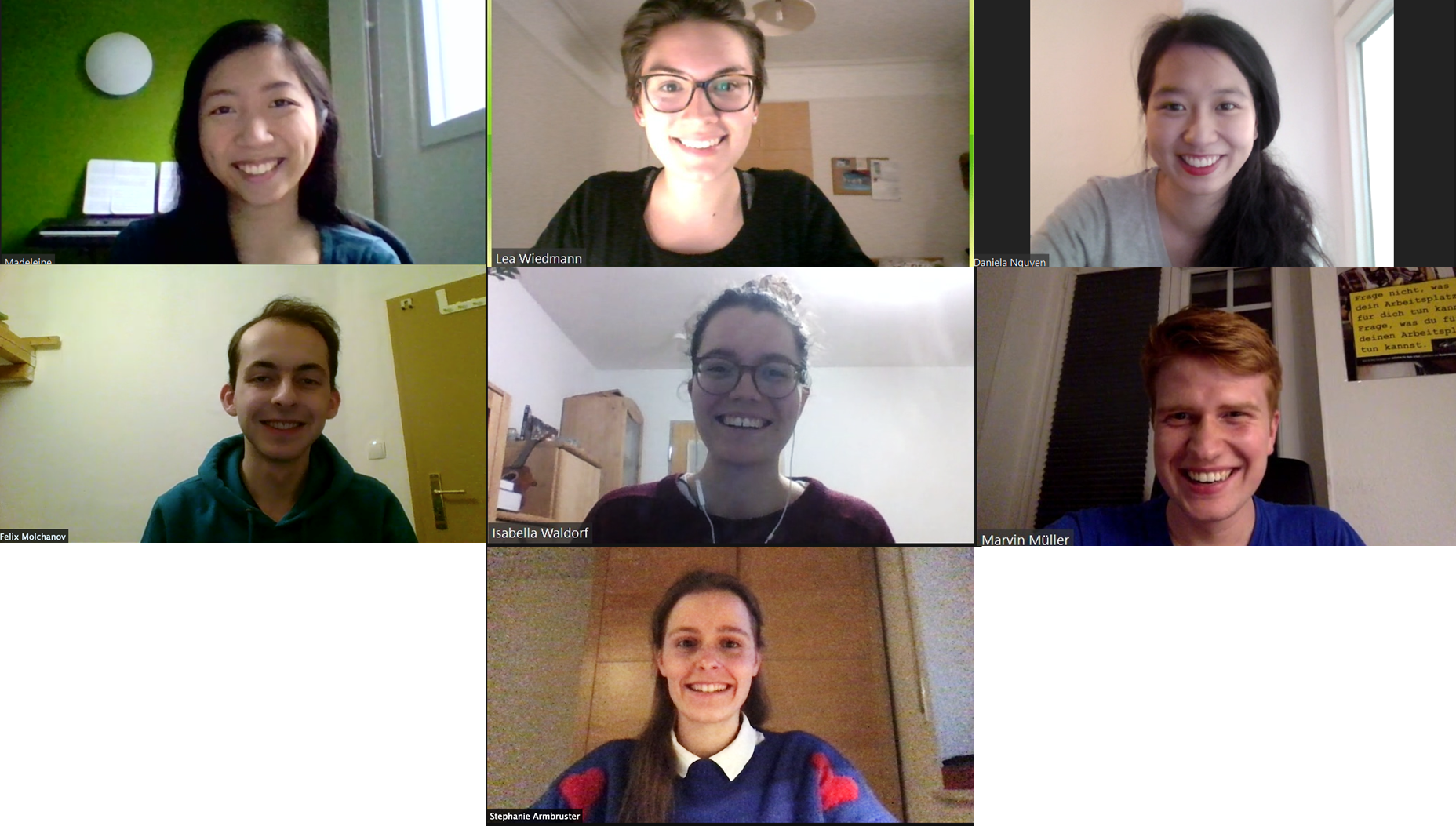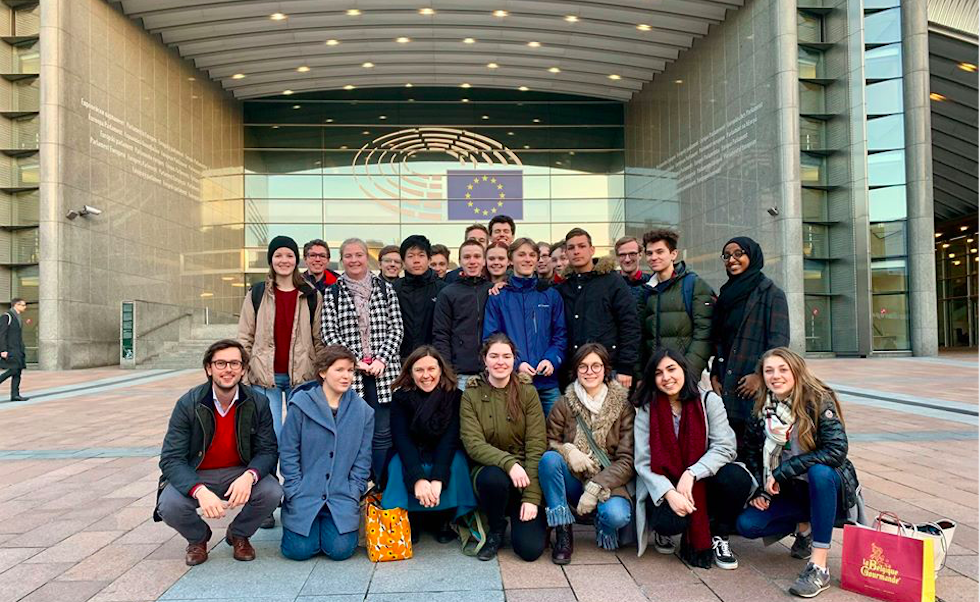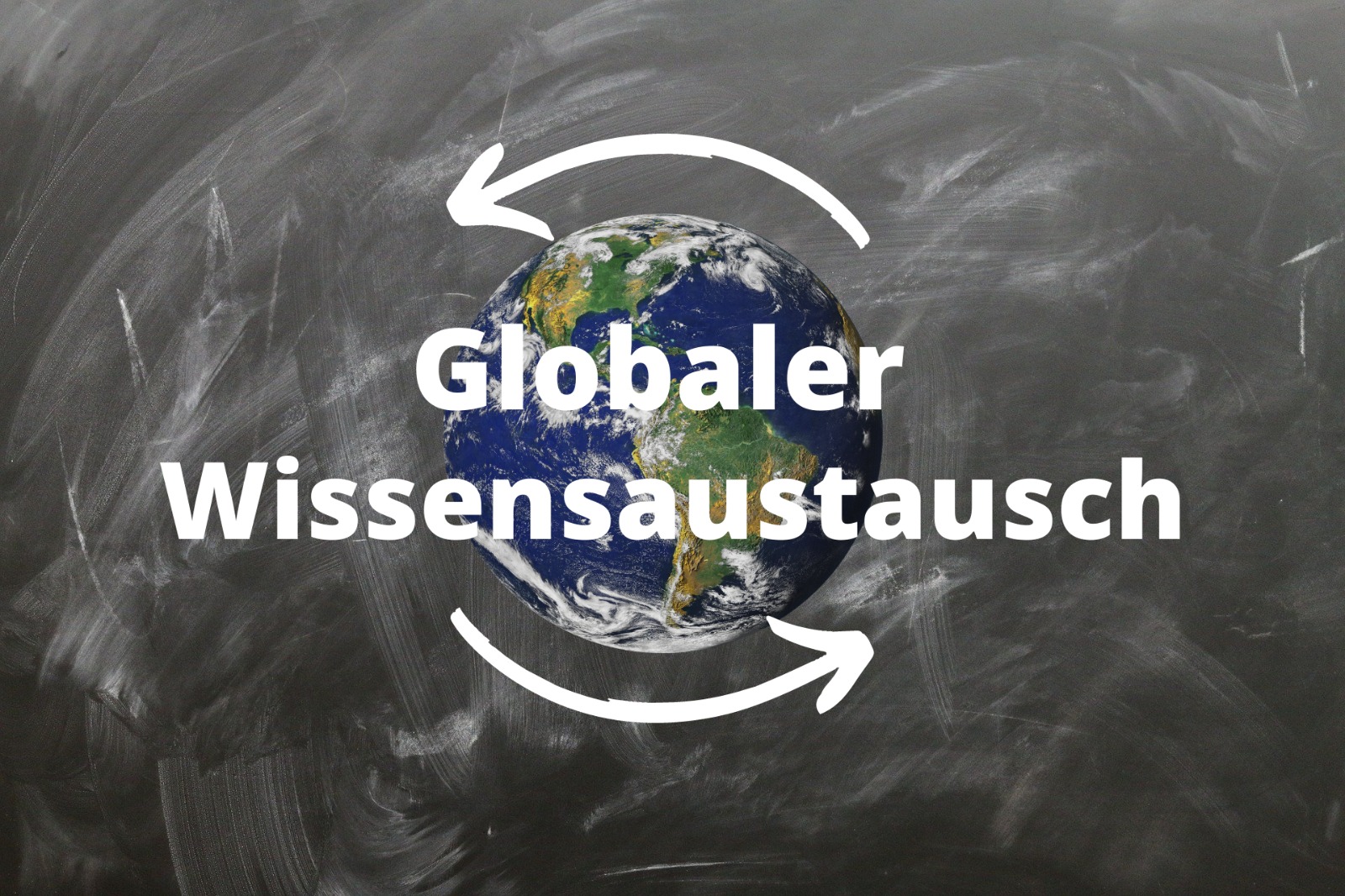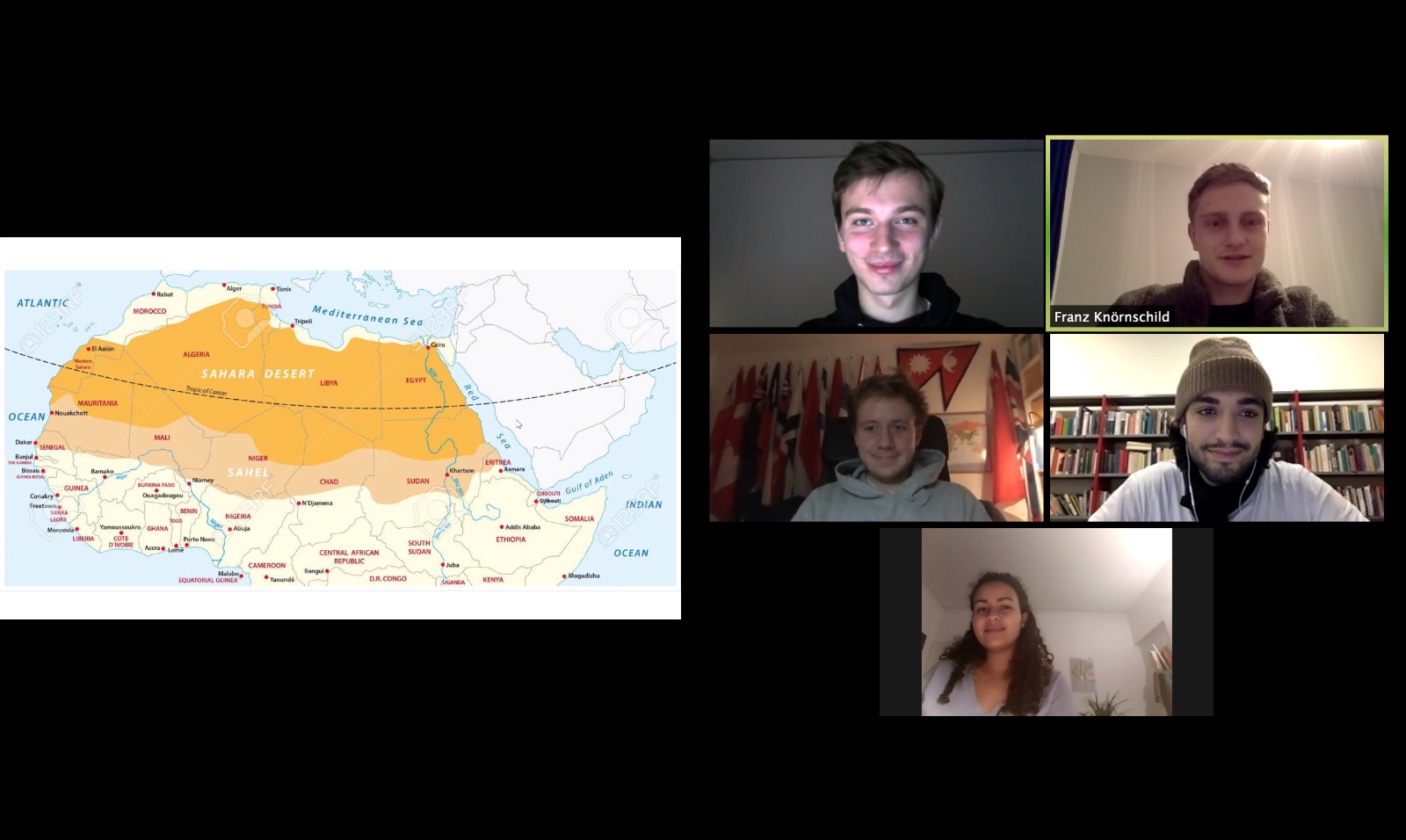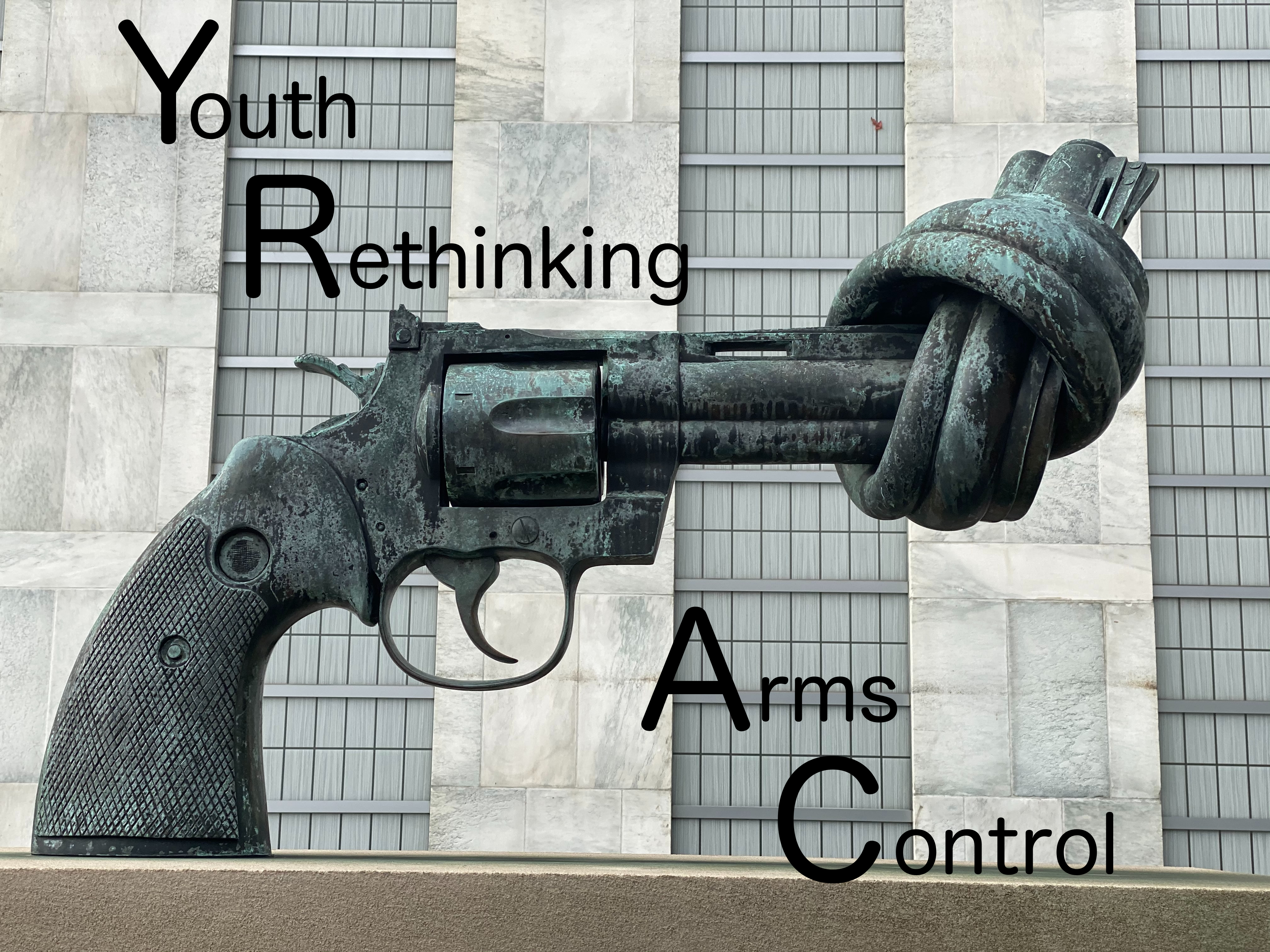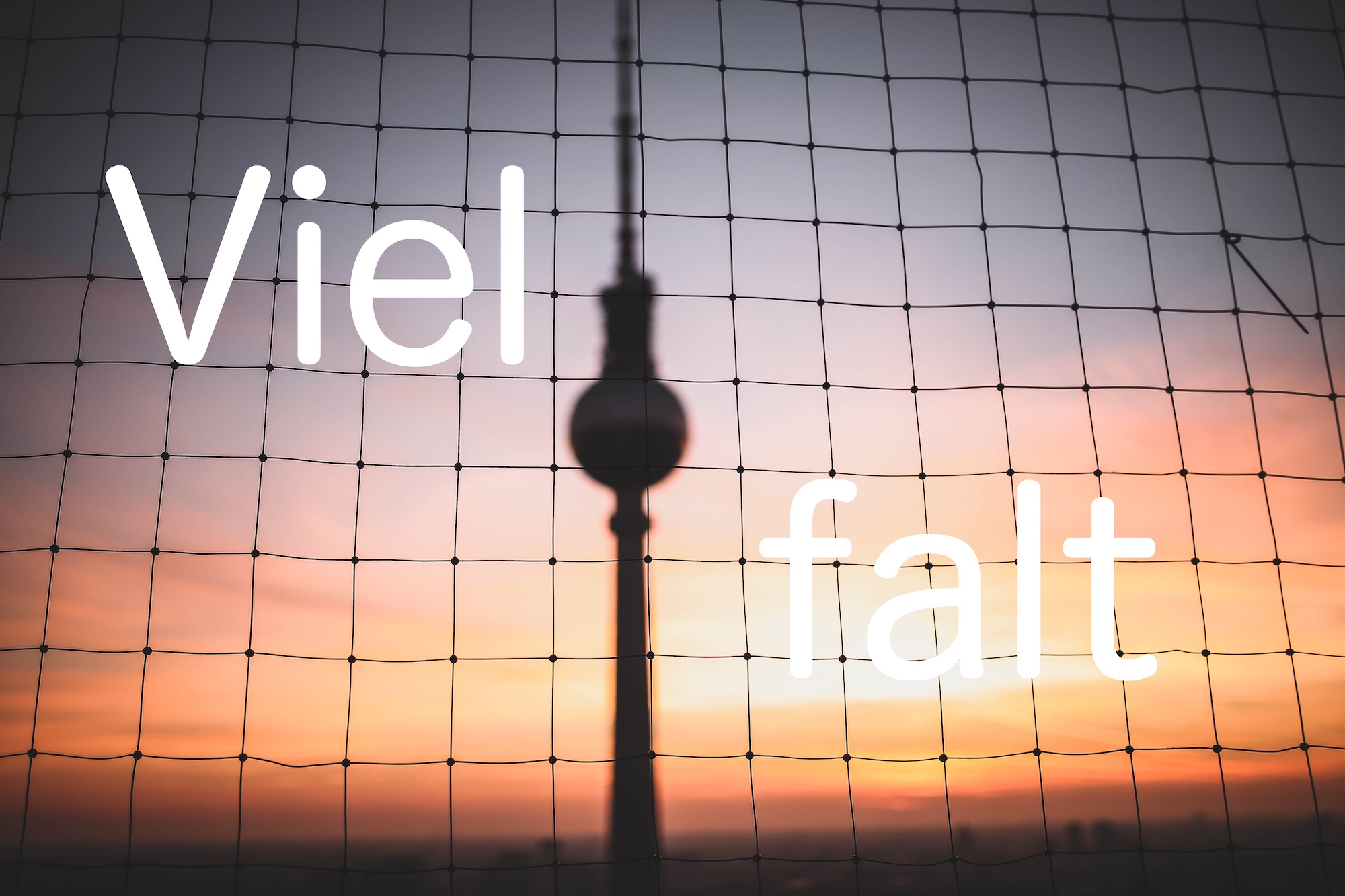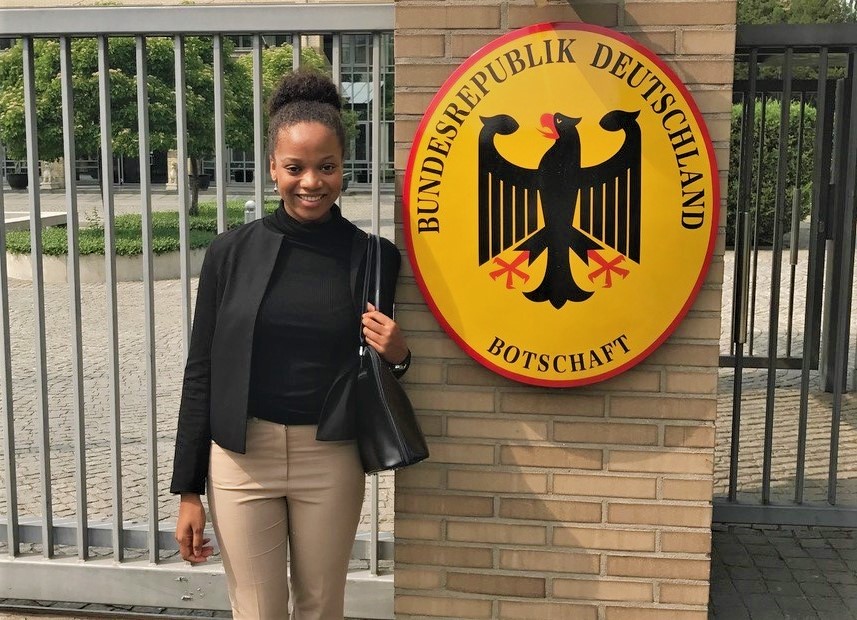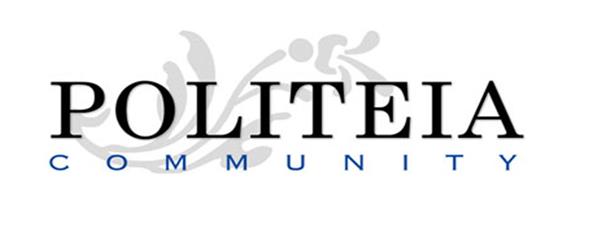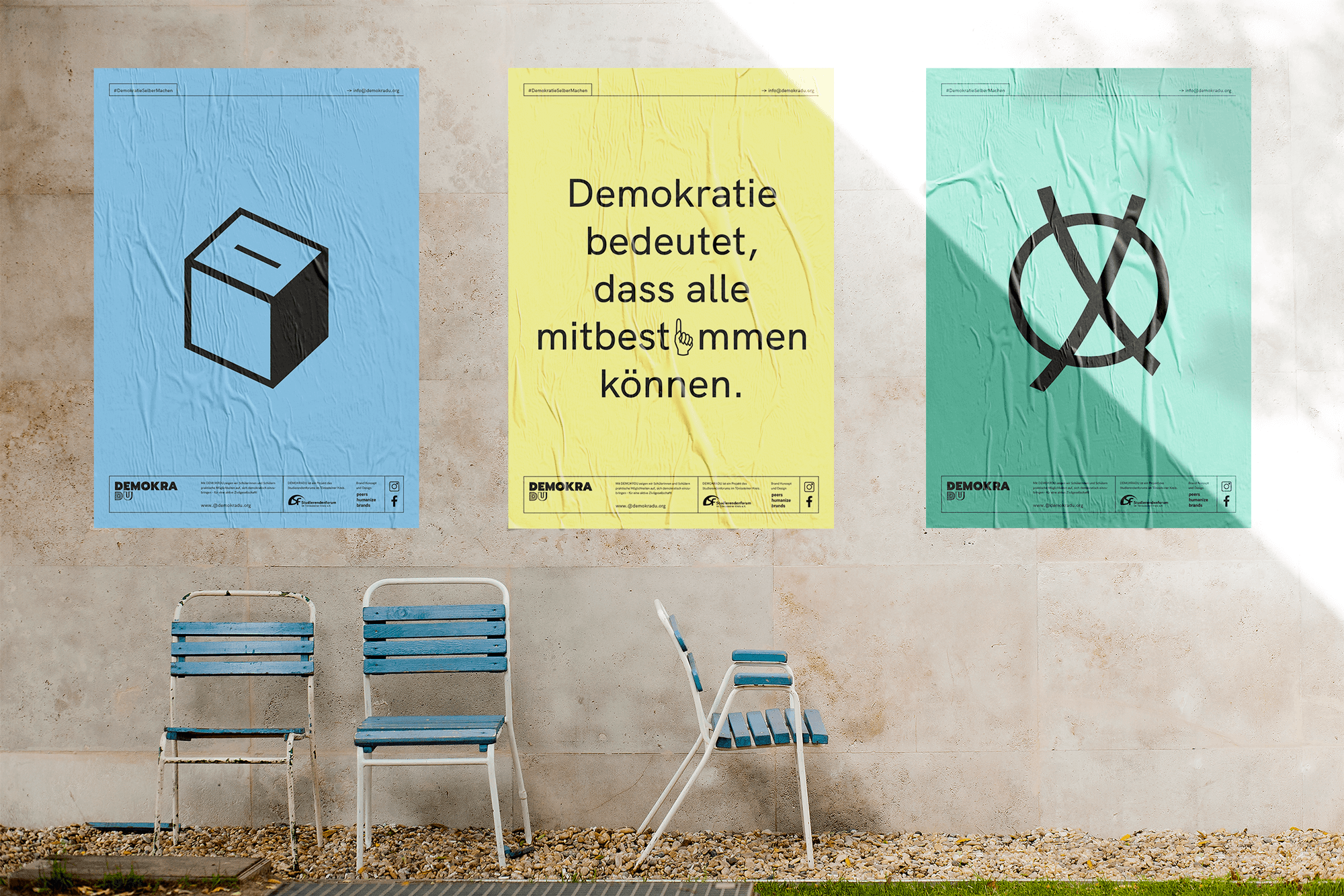The content work of the Student Forum takes place in project groups, which form and organize themselves independently. The aim of the projects is to take up current social topics and provide impulses for public debate through a new, young perspective. There are hardly any limits to creativity in terms of formats and content – the students choose and design the projects themselves.
Each member can propose new projects and launch them in a project group. The regular events of the SF, such as the spring conference or the admission and creative colloquium in autumn for the new cohort, help in the search for new team members. The project group is in charge of the project: from the idea to the concept to the implementation of the project. The members determine the topics, look for sponsors, invite speakers and bring the project to a close. On the one hand, this requires a high degree of initiative, organizational talent and commitment, and on the other hand, it leads to results of which the members can be proud.
Our projects are linked by their societal impact. However, the portfolio changes every year as our members dynamically shape and initiate new projects.
Current Projects
Keine Inhalte für projects-2023-en
Projects 2022
China is not on its way to becoming a superpower, but has already arrived there in many areas. That is why we would like to ask in our Webtalk “China Insights”: How do decision-makers from science, politics, culture and business think about China – and how does China think about Europe? We want to stay in touch and discuss how a balanced cooperation with China can look like in the future. We regularly welcome guests with expertise in various social topics and with a connection to China.
We encounter data everywhere – in everyday life as well as in business, science and politics. We have long been living in a world in which information is one of society’s most valuable resources. Looking towards the future, data literacy is hugely relevant for young and old alike. The project group Data Literacy has therefore set itself the goal to train the skill of data literacy through workshops and a podcast in order to promote a fact-based culture of debate and prevent disinformation.
Economic indicators such as GDP growth play a central role in politics. Achieving a more sustainable and equitable economy in Germany will require that the planning, decision-making and evaluation of policy is guided by indicators that take social and environmental dimensions into account. In this context, Ecolometrics examines alternative indicators, discusses with experts and advocates for the establishment of more holistic indicators in the public sector.
International career and life paths are not only associated with many opportunities, but can also pose various challenges: Are pension entitlements acquired abroad recognised in Germany? How can dual careers of couples be facilitated in the international field? How can international travel be made compatible with sustainability? In this project, we want to uncover relevant challenges of international professionals and identify individual, societal and political approaches to solving them.
This project is approaching the educational sector: the Schülerkolleg International (International Student College) is building an extensive network of both teachers and students in order to broaden the discussion with new perspectives and to promote young talent.
Global knowledge exchange in development cooperation: a rarity or a common practice? In the project, we would like to explore to what extent global knowledge transfer takes place in development cooperation. At first glance, it seems as if knowledge exchange only takes place in a one-sided manner (from North to South), without the potential knowledge of the global South being transferred to the global North. We would like to take a closer look on this matter and find out how and to what extent the global North, and Germany in particular, uses the knowledge of the global South how the global South evaluates development cooperation. The aim is to jointly work out the opportunities and challenges of a global knowledge transfer for overcoming the climate crisis.
The project aims at raising the otherwise very security-heavy view on the Sahel to a tangible level with knowledge, expertise, experiences and reports from the young generations in order to work out common new ways for a German-European security and development policy through result-oriented exchange of ideas, which actively takes into account and includes the young generation of students from the Sahel.
International arms control is in an existential crisis. Existing international arms control treaties are being terminated in the face of the changed global order. Moreover, technological progress is opening up unprecedented military possibilities. In the Youth Rethinking Arms Control (YRAC) project, we organise a web seminar series on arms control in cooperation with the German Foreign Office and the Federation of German Industries (BdI). The aim of the series is to get students of all disciplines interested in arms control and to show career paths in this field.
Impressions from Previous Project Work
In 2017/18, the Student Forum initiated a survey among members of political youth organizations. The data obtained has already been used in academic papers of our cooperation partner, the University of Basel. The basic idea of our project is to generate more attention for the evaluation of this great data set and to create a greater awareness of the importance of diversity in partisan politics in general.
In the scope of this project, a strategy for more equity in the Federal Foreign Office will be developed from the viewpoint of the next generation. Based on interviews with diplomats, concrete proposals for action are given to the Federal Foreign Office.
The Federal Foreign Office (AA) has committed itself to ensuring that the diversity of German society is adequately reflected in the Foreign Service and thus promoting a modern approach to German foreign policy. In a participatory process, the project aims to address the obstacles to access to the Federal Foreign Office and the Bundestag and thus to contribute to an intercultural opening.
DemokraDu wants to empower high school students to participate in democratic processes at an early stage. To this end, we offer concrete and practical support – from organizing a public demonstration, starting petitions and running for a youth parliament to party membership.
Characteristics of the project work
In terms of content, most of the projects have a strong degree of internationality. Among the projects to date have been research projects and conferences on topics such as the brain drain in Germany or the recruitment of politicians, study trips to Italy and Greece that provide a new perspective on the refugee issue on the ground, and many projects that promote international exchange (between students).
The formats are constantly evolving. In addition to the established conferences and study trips, new formats include workshops with schoolchildren or cooperation with companies. Particularly interesting is often the cooperation with our international partner organizations in the Politeia Network, such as the jointly organized International Summer Academy.
In their project work, the members benefit from the expertise of the members of the Tönissteiner Kreis. There is close coordination and consultation between the project groups, the representatives and the board of the Student Forum. The Tönissteiner award by the Tönissteiner Kreis is given to especially creative and ambitious projects.


